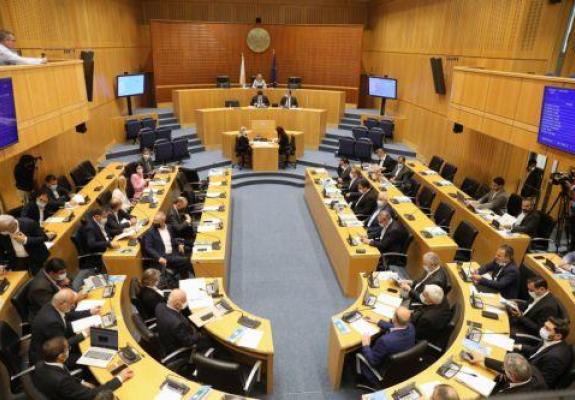Airbnb: The Spread of Rentals and Global Uprising
Movement Against Short-Term Rentals like Airbnb
A global movement is emerging to address the issues caused by short-term rentals such as Airbnb, as cities from New York to Barcelona grapple with rising housing prices and over-tourism, leading to restrictive measures.
Increasing Regulations
From New York to Barcelona, anti-rental movements are gaining momentum, facing challenges with mixed success. Restrictions and new rules are continually being established.
New York Sets the Example
In September, New York began enforcing strict regulations on short-term rentals, causing a significant drop in legal listings. The law requires rentals to be in approved buildings, limited to two guests, with the host present. Applications for approvals led to a dramatic reduction in listings.
Barcelona's Drastic Measures
Barcelona plans to phase out all short-term rentals by 2028 to control housing costs. Other Spanish cities like Palma and Valencia are also implementing bans and legal battles against these rentals.
European Cities Crack Down
Cities like Paris, Berlin, Munich, and Stuttgart have imposed various limits on short-term rentals, ranging from annual rental days to requiring special permits. Venice and Milan are considering similar measures.
Global Restrictions
Around the world, cities like Honolulu, Memphis, Palm Springs, Vancouver, and Toronto have introduced limits to manage the impact of short-term rentals. In Asia and Oceania, places like Tokyo, Singapore, and Sydney have set strict rental day limits.
Greek Measures
In Greece, the new Special Spatial Framework for Tourism proposes caps on short-term rentals, new hotel categories, and green fees on tourism activities. The plan includes five categories based on the degree of impact, with restrictive measures for each. Eighteen areas are designated as "saturated" with specific development controls, while 84 areas are "developed" with building and quality restrictions.
Tax Measures
The Greek government is also considering tax measures to limit short-term rentals, including a potential calendar cap on property use.






